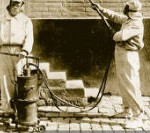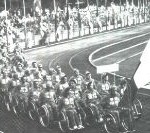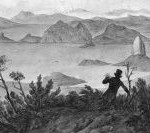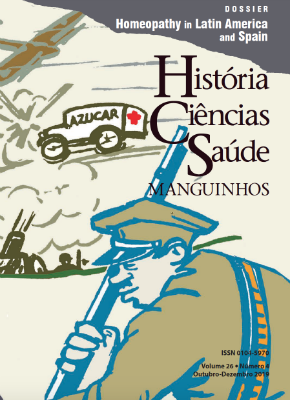November 2018
The experiential Caribbean: creating knowledge and healing in the early modern Atlantic by Pablo F. Gomez examines the strategies people used to create knowledge about the human body and the natural world in the sixteenth- and seventeenth-century.
rofessor at Department of History, University of Washington, reviews the book in the current issue of Manguinhos (vol.25 supl.1 Aug. 2018).
Tropical medicine in occupied Haiti, 1915-1934 – This work reflected Haiti’s status as a public health “laboratory” which affected Haitian medicine for years to come and significantly influenced future campaigns aimed at disease eradication.
Public health and racism in post-revolutionary Bolivia – Through their work in rural areas, doctors and other health practitioners put this “silent racism” into practice in their reports on their interactions with indigenous communities and healers.
Race and the Rockefeller Foundation – From 1927 to 1942, the Rockefeller Foundation ran a tuberculosis commission in Jamaica. This paper explores the role that race played in it.









